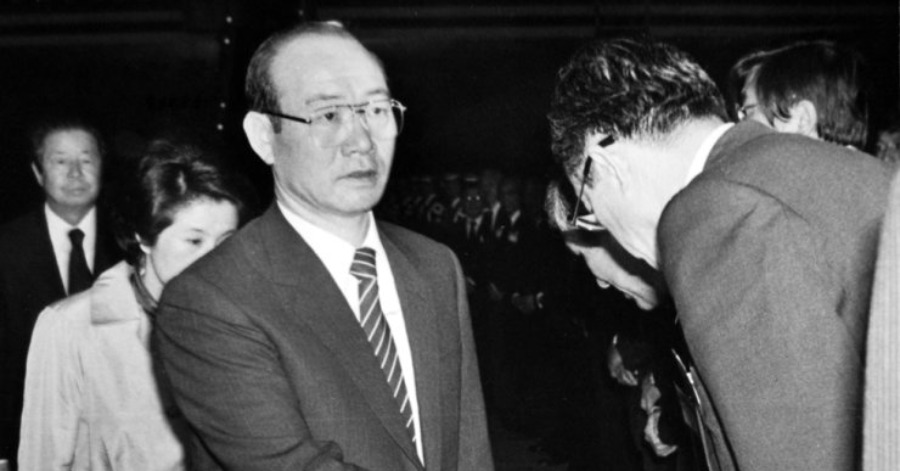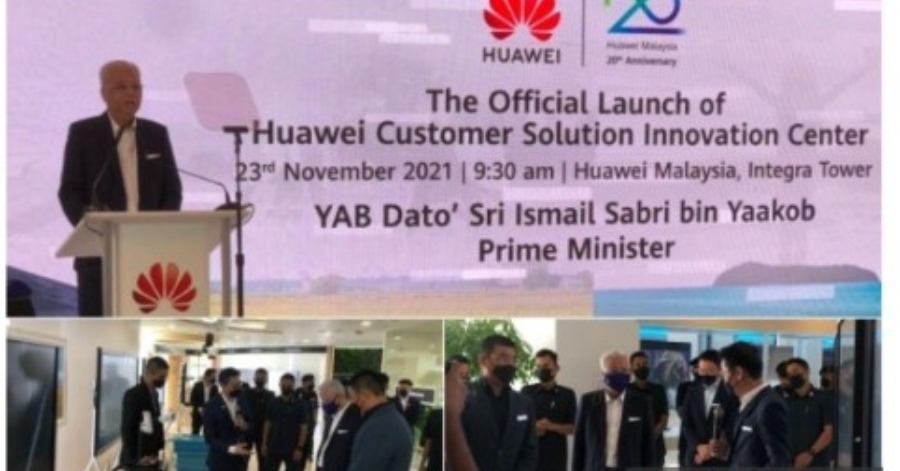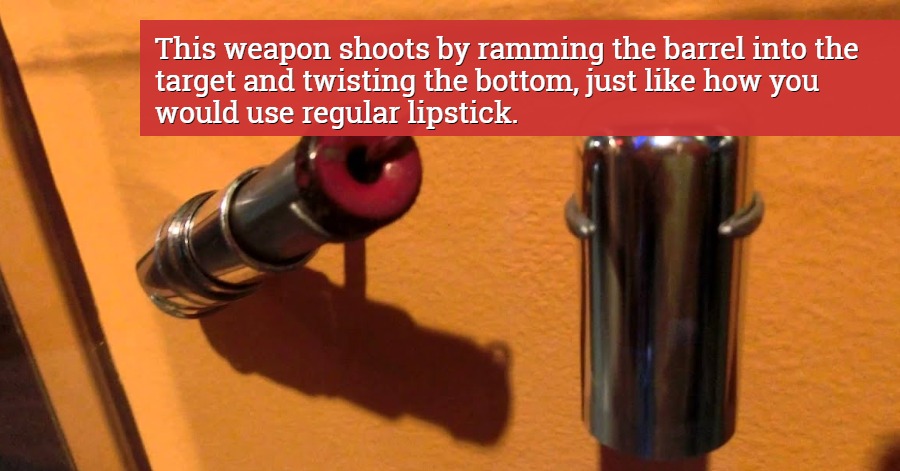SEOUL, Nov 23 — Former South Korean President Chun Doo-hwan who was widely criticised for seizing power through a military coup, died Tuesday.
He was 90.
The general-turned strongman died at his home in western Seoul around 8.40am after battling chronic ailments.
“His body will be taken to Seoul’s Severance Hospital, ” said Min Jeong-ki, a former presidential secretary as reported by Yonhap.
Chun’s last wish was that his remains be buried “on a frontline high ground overlooking North Korean territory,” Min said, adding Chun’s body will be cremated before being buried at a site to be determined later.
The former Army general rose to power after staging a coup in the wake of the assassination of then President Park Chung-hee in 1979 and ruled the country until 1988.
One of his biggest and darkest political legacies is his deadly crackdown on the Gwangju pro-democracy civil uprising in 1980, which left more than 200 dead and 1,800 others wounded, according to conservative official data.
Chun was born into a poor family in Hapcheon, South Gyeongsang Province, on Jan 23, 1931. He entered the Korea Military Academy in 1951.
At the academy, he befriended Roh Tae-woo, who would later become his right-hand man and serve in various capacities during Chun’s administration before being elected president himself and succeeding Chun.
Before becoming president, Chun enjoyed an illustrious career that included a stint at the state spy agency, the Army 1st Special Forces Group, which he headed, and as a member of Park’s presidential security service.
Chun consolidated power after quelling the uprising in Gwangju in 1980 by launching a supra-constitutional emergency committee and laying out regulations on political activity, which led to the dissolution of parliament and strengthened his grip on power.
The same year he retired from the military after more than 25 years of service and began what would become the most notorious rule in modern Korean history.
He forced the resignation of then acting President Choi Kyu-hah in August 1980, paving the way for his election as president. He was inaugurated in September under the banner of eradicating corruption and political strife, with a particular emphasis on achieving a just society.
After leaving office in 1988, Chun was mired by a series of controversies over his alleged corruption. He issued a public apology for his past wrongdoings during his time in office and donated more than 16 billion won (US$13.4 million) in political funds and private wealth before effectively going into exile at a Buddhist temple with his wife, Lee Sun-ja.
During his time in exile, Chun was summoned to testify before the National Assembly, where Roh Moo-hyun, a then lawmaker who later became president, threw a nameplate at him.
Even after returning home at the end of 1990, Chun was dogged by prosecutorial investigations over illegalities committed before and during his time in office, including in the course of the coup and Gwangju crackdown.
He was summoned by the prosecution on charges of treason in December 1995, but he defied the order by reading out a public statement outside his home saying he would not cooperate with the investigation.
A warrant was issued the next day for his arrest, and he was eventually incarcerated at a prison in his hometown of Hapcheon.
In 1996, Chun was convicted of treason and sentenced to life in prison but pardoned the following year by then President Kim Young-sam in the name of national unity.
Chun has been credited by some supporters with bringing prices under control and helping win Seoul’s bid to host the 1988 Summer Olympics, which raised the country’s profile on the international stage.
He is survived by his wife, three sons and a daughter.
Sources: BERNAMA




Leave a Comment